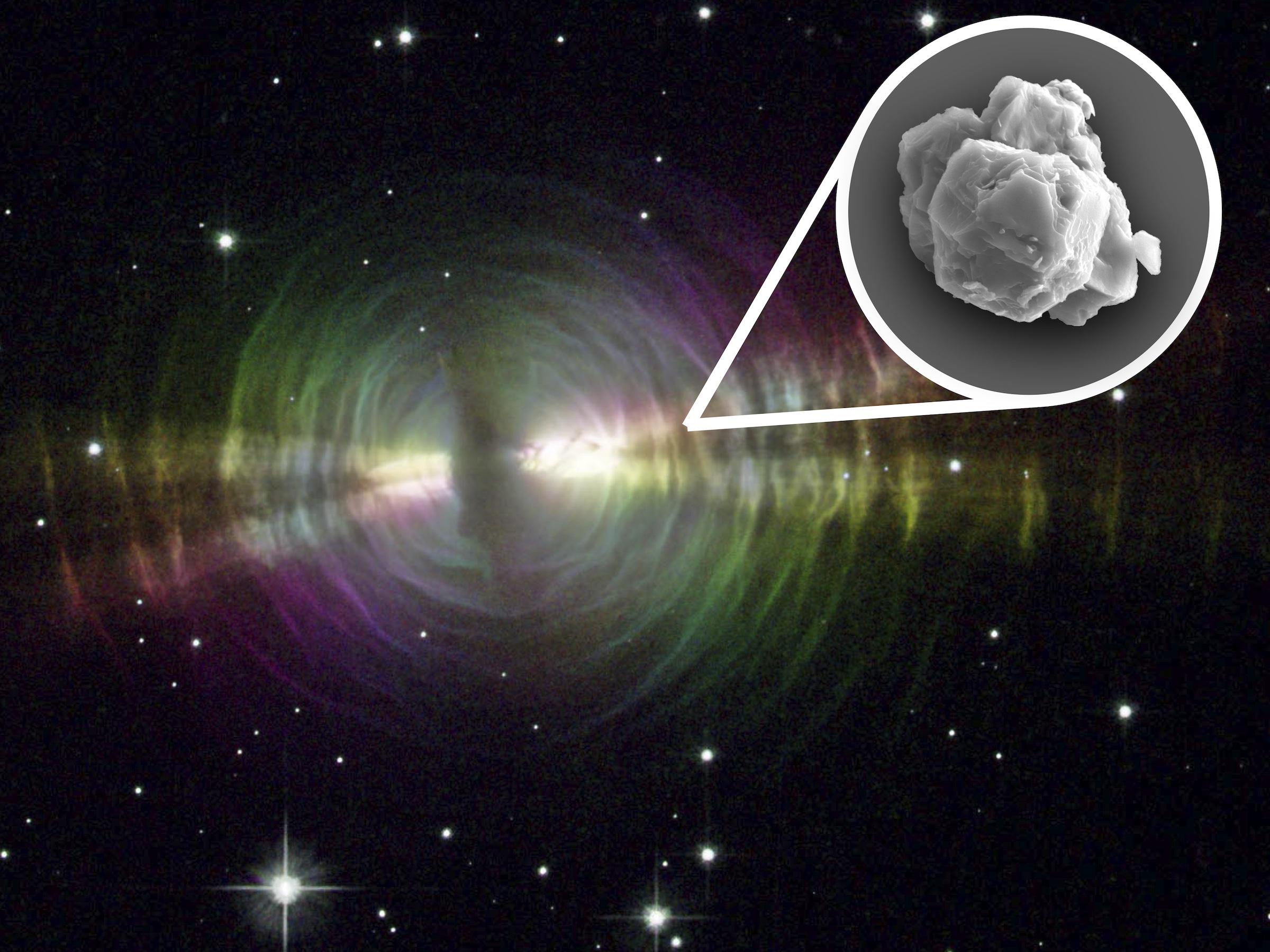Rare Space Rock Hit Home in US and Stunned Scientists
A meteorite that hit home in US this past summer is now making headlines for an astonishing reason it’s older than our own planet. The rock, which came crashing through a house in McDonough, Georgia, during June, has been dated to an incredible 4.56 billion years, making it around 20 million years older than Earth itself.
Hit Home in US- Researchers at the University of Georgia examined fragments of the meteorite after its dramatic entry into the atmosphere. Planetary geologist Scott Harris led the analysis, carefully studying 23 grams of the 50 grams recovered. The fragment, about the size of a cherry tomato, struck the roof with such force that it dented the flooring inside the home.
The Journey of a Billion-Year-Old Visitor
Harris revealed that the meteorite belongs to a group of asteroids found in the main asteroid belt between Mars and Jupiter. Scientists believe it may have originated from the breakup of a much larger asteroid around 470 million years ago. Some of the debris from that event eventually shifted into Earth-crossing orbits, and after millions of years, this particular piece’s path intersected with our planet and with a quiet Georgia neighborhood.
Hit Home in US- Using advanced optical and electron microscopy, Harris identified the rock as a chondrite. These ancient meteorites are remnants of the early solar system, rich in carbon, clay, and water-bearing minerals. NASA classifies chondrites as the most common type of stony meteorite found on Earth.
Witnessed Fall Adds to Georgia’s Meteorite History
The meteorite that hit home in US has now been officially proposed for naming as the McDonough Meteorite, after the city where it landed. If accepted by the Meteoritical Society, it will become the 27th recovered meteorite in Georgia’s history and one of just six that were actually seen falling.

Harris noted that while meteorites used to be rare finds, improved technology and an alert public are leading to more recoveries. In the past 20 years alone, Georgia has recorded several witnessed falls, far more than expected for such a short period.
A Fiery Arrival During the Bootids Shower
In June, residents across the southeastern United States reported a bright fireball streaking across the daytime sky. NASA later confirmed it was part of the Bootids meteor shower, a smaller annual celestial event that occurs in late June.
Shortly after the sighting, a Henry County homeowner reported a loud crash. The rock had torn through the roof, ceiling, and floor, leaving a trail of damage. Harris explained that the homeowner likely heard three simultaneous sounds: the meteorite hitting the roof, a small sonic boom, and the moment it struck the floor. The impact was so strong it pulverized part of the flooring into dust.
Unlocking the Past Through Space Rocks
For scientists, meteorites are more than just spectacular sky events, they are time capsules from the dawn of the solar system. By studying them, researchers gain insights into the formation of planets, including Earth. Also Read: BTS Seokjin’s Heartfelt Reunion with Members Sparks Joy Ahead of Final Solo Concert
Harris emphasized that rocks like the McDonough Meteorite help answer big questions about our planet’s beginnings. Around 4.5 billion years ago, Earth’s surface was shaped by a bombardment of meteorites, comets, and other space debris. Each recovered meteorite adds another piece to that ancient puzzle.
Conclusion
The McDonough Meteorite’s journey, from the asteroid belt to a Georgia living room is a story billions of years in the making. Its arrival reminds us that our planet is part of a much larger cosmic dance, one in which objects from deep space can suddenly and dramatically make their presence felt here on Earth.

